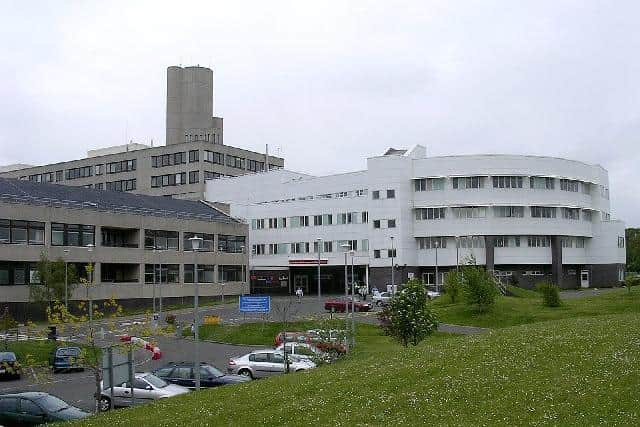Holyrood Notes - 'Knocked sideways' by findings of health board's review


But then along comes something as utterly appalling as the Eljamel scandal at NHS Tayside.
Along with other local MSPs who had been engaged with health board and government regarding the former head of neurosurgery and his conduct, I was given a preview of the board’s own inquiry into their handling of events leading up to Professor Eljamel’s suspension in 2013.
Advertisement
Advertisement
I don’t mind admitting that I was knocked sideways by the findings of the review, conducted by Executive Medical Director Pam Johnston. The fact that the lifechanging nature of the harm to patients was already known could not dampen the brutal indictment of NHS Tayside’s handling of matters more than a decade ago.
There are multiple questions to be answered. But the most significant ones for me revolve around the chain of events triggered by a complaint against Eljamel in December 2012, which led to a Significant Clinical Event Analysis. Initially, NHS Tayside considered the evidence before them not worthy even of introducing performance management measures. It took two further complaints before they called in the Royal College of Surgeons. Even then Eljamel was placed only under indirect clinical supervision.
NHS Tayside had a further chance to act, when the RCS’s interim report in October 2013 raised serious concerns. But Eljamel was left to carry on. It was only after the final report two months later that he was suspended. These revelations have prompted the Scottish Government to order a full public inquiry, and set up an independent review of each of the relevant cases where this is the desire of the individuals affected.
I had held reservations about a public inquiry. The victims here will have to wait years for the conclusion, and almost inevitably they will find its drawn-out and harrowing nature very difficult. Those concerns for me remain, but a public inquiry became inevitable. Anything short of that would not have carried with it the powers to compel those who were involved to answer for the actions and decisions they were responsible for.
Those answers are the very least that the victims of Eljamel deserve.